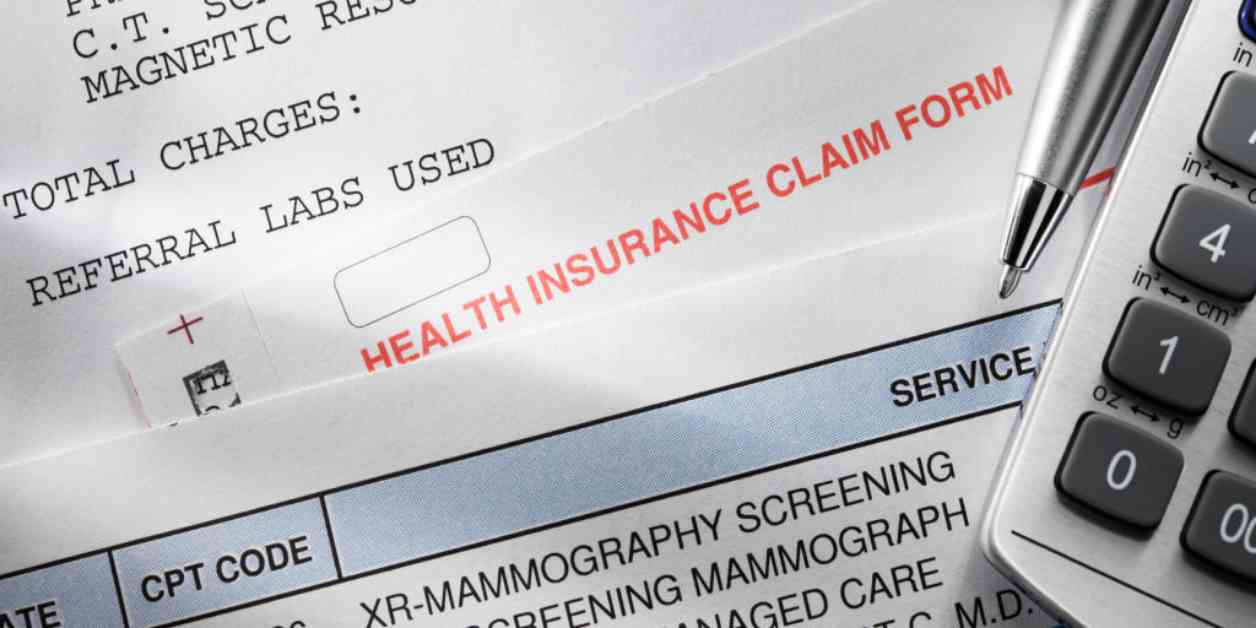Medical billing errors are more common than you might think, and disputing them can save you money. A recent study published in JAMA Health Forum sheds light on the importance of challenging medical bills and offers insights into how to effectively do so. Lead study author Erin Duffy, the director of research training at the USC Schaeffer Center for Health Policy and Economics, emphasizes the impact that disputing a bill can have on its accuracy and affordability.
The study revealed that about 1 in 5 people received a medical bill they disagreed with or couldn’t afford in the past year. Surprisingly, only 61.5% of those individuals took the initiative to contact the billing office to address their concerns. Duffy notes that many people who refrained from disputing their bills believed that it wouldn’t make a difference. However, the study found that most bills were corrected or adjusted in favor of the patient when they reached out.
In fact, almost three-quarters of those who disputed a billing error reported that the mistake was rectified. Additionally, about 62% of individuals who raised concerns about unaffordable bills were able to secure a payment plan or a reduced price. Similarly, 76% of those who negotiated their bills received financial assistance or had their bills canceled. These statistics underscore the importance of advocating for yourself when faced with a questionable medical bill.
The prevalence of medical debt in the United States is a pressing issue. A 2022 survey from the Kaiser Family Foundation (KFF) revealed that more than half of adults in the U.S. have experienced medical debt in the past five years. Furthermore, KFF estimates that Americans owe at least $220 billion in medical debt, highlighting the financial burden that healthcare costs can impose on individuals and families.
Dr. Adam Gaffney, a critical care physician at the Cambridge Health Alliance in Massachusetts, emphasizes the detrimental impact of medical debt on individuals’ financial well-being. Medical debt can hinder one’s ability to secure loans, mortgages, and other financial resources. Some individuals have even faced wage garnishment or legal action from hospitals due to unpaid medical bills. These consequences underscore the urgency of addressing and resolving medical billing issues promptly.
Certain demographic factors influence individuals’ likelihood of disputing a medical bill. The study found that extroverted individuals and those who are more skeptical, competitive, and outspoken are more inclined to challenge a bill. Conversely, individuals without a college degree, those with low financial literacy, and the uninsured were less likely to dispute a bill. These findings highlight the importance of educating and empowering all individuals to advocate for fair and accurate medical billing practices.
How to Dispute a Medical Bill
When faced with a questionable medical bill, taking proactive steps to address the issue is crucial. Michele Johnson, the executive director of the Tennessee Justice Center, provides valuable insights on navigating the medical billing dispute process. Johnson advises patients to first ensure that the bill belongs to them, especially if they have a common last name. Requesting an itemized bill from the hospital can help identify any discrepancies or unnecessary charges.
An itemized bill provides a detailed breakdown of all services, treatments, and procedures received during a medical visit. Johnson recalls instances where patients were charged for services they did not utilize, emphasizing the importance of scrutinizing the itemized statement for accuracy. If discrepancies are identified, patients are encouraged to contact the billing office promptly to address the issue.
The implementation of the No Surprises Act in 2020 has enhanced consumer protections against surprise medical bills from out-of-network providers. Johnson explains that individuals receiving care from in-network facilities should not be subjected to unexpected charges from out-of-network providers. Patients without insurance or those opting not to use their insurance can request a “good faith” estimate of the cost of care before their visit to avoid billing surprises.
Additionally, many hospitals offer financial assistance programs, known as charity care, to help individuals manage their healthcare costs. Nonprofit hospitals are mandated to have a charity care policy accessible to patients, offering reduced or free care to eligible individuals. Johnson emphasizes the importance of exploring these resources to alleviate financial burdens associated with medical bills.
Avoiding credit card payments for medical bills is advisable, as a forthcoming rule from the Consumer Financial Protection Bureau will remove medical debt from credit reports. Instead, patients can request a payment plan from the hospital to manage their expenses effectively. Johnson warns against prioritizing medical bill payments over essential needs like housing and food, urging patients to prioritize their financial well-being.
Empowering Patients to Advocate for Fair Billing Practices
Patients are often hesitant to challenge medical bills due to the perceived complexity and power dynamics within the healthcare system. However, Johnson encourages individuals to assert their consumer rights and push back against erroneous or unaffordable charges. Understanding the rules and protections in place can empower patients to navigate the billing process with confidence.
Healthcare bills should not be viewed as insurmountable obstacles but rather as negotiable expenses that warrant scrutiny. By leveraging consumer protections, such as the No Surprises Act and charity care policies, patients can advocate for fair and transparent billing practices. Disputing a bill is not only a financial necessity but also a means of asserting one’s agency in the healthcare landscape.
In conclusion, challenging medical bills is a proactive step towards ensuring accurate, affordable healthcare costs. By advocating for yourself, scrutinizing billing statements, and leveraging available resources, you can navigate the complex world of medical billing with confidence. Remember, your health and financial well-being are worth advocating for, and disputing a medical bill is a powerful tool in safeguarding your rights as a consumer.


















